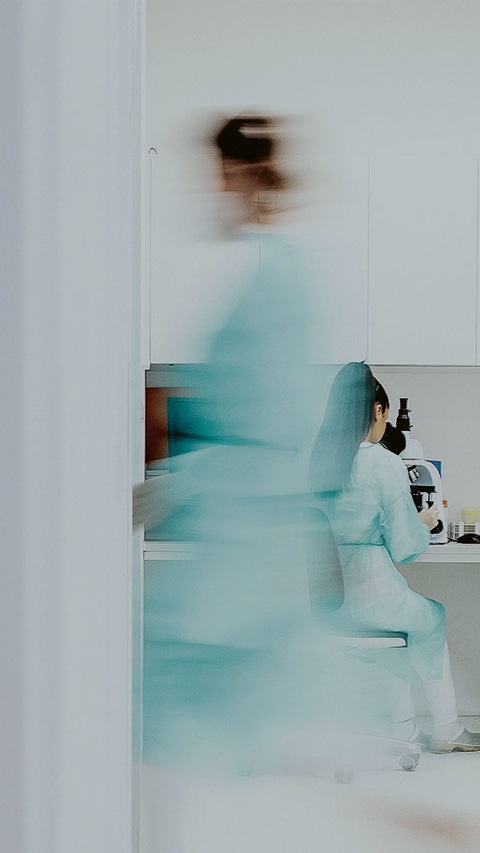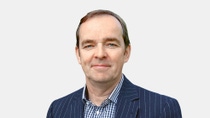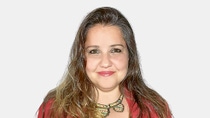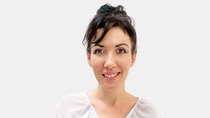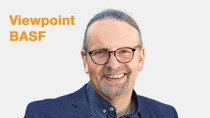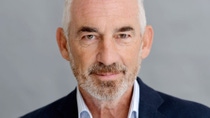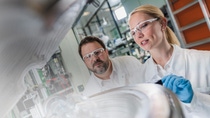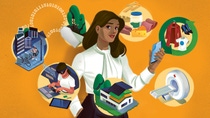Wenn Abfall wegfällt
Informing ourselves sufficiently to make the right decisions is often difficult, particularly when it comes to complex issues. Who can we believe and trust? Creating Chemistry asked several experts about how we gather knowledge when much is at stake.
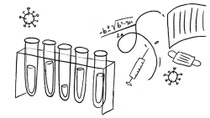
Covid-19 has revealed how unprepared we were for a global pandemic. It also showed how unprepared most of us are to deal with the scientific discovery of truth happening live before our eyes. Scientists have disagreed over everything from where the virus comes from to how dangerous it is and how to tackle it – leaving many bewildered and distrustful. It has shown that a healthy society needs citizens who know how to obtain balanced information and form their own judgements. Covid-19 has revealed how unprepared we were for a global pandemic. It also showed how unprepared most of us are to deal with the scientific discovery of truth happening live before our eyes. Scientists have disagreed over everything from where the virus comes from to how dangerous it is and how to tackle it – leaving many bewildered and distrustful. It has shown that a healthy society needs citizens who know how to obtain balanced information and form their own judgements. A science journalist, a disinformation expert and a philosopher weighed in for Creating Chemistry. They noted that the general public does not realize that science is sometimes genuinely uncertain and disputed; that conspiracy theories are often a cry of protest from a minority who feel unheard and powerless; and that, for nearly everyone, trust is crucial for acquiring knowledge. A BASF scientist closes with reflections on the ongoing European battle over acceptance, or not, of genetically engineered crops. Transparency and communication are still the keys to good public decision-making, he says, knowing that this is far easier to say than to do.
